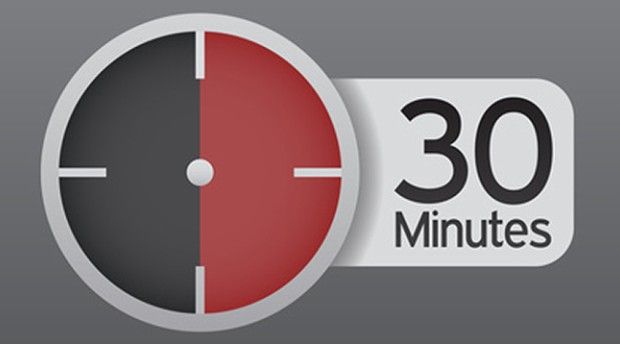Top 4 Ways to Prepare for a Behavioral Interview (and What You Need to Know About Behavioral Interviews)
Post Views 8Have you ever experienced an interview that made your head spin? Did you feel like you were “on the spot” during the entire interview? Chances are it was a behavioral interview, the latest trend in interviewing.
I will tell you everything you need to know about behavioral interviews and four secrets to doing well in this setting.
What is a Behavioral Interview?
A behavioral interview is designed to test and evaluate a candidate on behaviors they have demonstrated in a previous job. In contrast to the old, “What’s your greatest weakness?” question, a behavioral question might sound like, “Tell me about a time when you had to work with a very difficult co-worker. What did you do to resolve the conflict and create a win for your organization?” If this question just made your pulse jump, read on. There’s a solution.
Hiring managers are increasingly being trained to do behavioral interviews, and many candidates are getting unnecessarily eliminated in the process.
The Process
The process starts with a manager listing behaviors that they need for a particular position. The list might look like:
- Working with difficult people (because the client is a tough customer)
- Teamwork across departments
- Complex problem solving
- Computer self-sufficiency
- Analytical reasoning
Next, the manager creates a set of 2-3 interview questions for each behavior that would require the candidates to give specific and recent examples of when they’ve demonstrated those behaviors.
The specific examples part of a behavioral interview is key. When the candidate tries to give a vague answer, the interviewer will continue to look for a specific example.
Here’s an example. (The manager might be asking this question because the company doesn’t have a deep IT department):
Hiring Manager: Can you give me an example from your recent past where you had a significant problem with your workplace computer, and you solved the problem yourself.
Candidate: Well, I’ve always been good at technology and figuring things out.
Manager: That’s not what I asked: Can you give me a specific example from your current job when this happened?
Candidate: Well, last month I had this problem where Microsoft Explorer disappeared from my computer’s desktop. In that case I went to the Microsoft Website and found a knowledgebase article on how to download a new copy of Explorer.
As you can see, in this setting it would have been very difficult for the candidate to “BS” their way through this question.
Four Keys to a Successful Behavioral Interview
- Providing examples is key:Do not fall back on old, vague standby responses (you and the interviewer will be out of synch if you do this). Instead provide clear concise examples.
- Take a moment to think before every answer:A good behavioral interviewer expects this, as the whole exercise is meant to have you reflect on your past. It isn’t bad for you to come back to a question once you’ve had a few minutes to think about it.
- Prepare by generating your “guess list” of desirable behaviors:For many jobs, you can probably guess the desired behaviors. Start thinking of your examples to these guesses before you show up to the interview.
- This interviewing style tends to run throughout companies:Meaning, if they have trained one manager they have probably trained them all on this technique. If you encounter a behavioral interview on your first interview, you can almost expect it on subsequent interviews.
As a final point, don’t be surprised if you are completely drained after a few hours of behavioral interviewing at a company. It is truly a high-demand exercise which will have you feeling wrung out by the end.
Top 4 Ways to Prepare for a Behavioral Interview (and What You Need to Know About Behavioral Interviews) by Harrison Barnes



 Overcoming Nervousness and Shyness in Job Interviews
Overcoming Nervousness and Shyness in Job Interviews  Be Interview Ready in 30 Minutes
Be Interview Ready in 30 Minutes  How to Size Up Employers During Interviews
How to Size Up Employers During Interviews  How to Ace a Dental Hygienist Interview
How to Ace a Dental Hygienist Interview  6 Weird Interview Questions You Can Expect to Get during an Interview
6 Weird Interview Questions You Can Expect to Get during an Interview  Top 2 Types of Job Interviews: Informational Interviews and Selection Interviews
Top 2 Types of Job Interviews: Informational Interviews and Selection Interviews  How to Stand Out in Your Post-College Interview
How to Stand Out in Your Post-College Interview  7 Must-Ask Questions during Your Interview
7 Must-Ask Questions during Your Interview